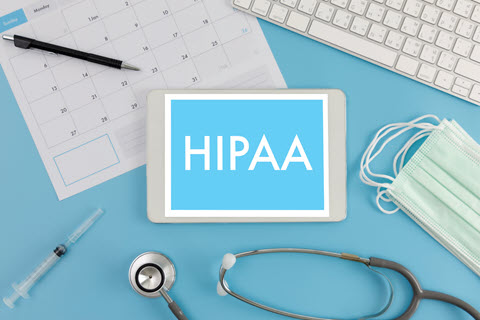Ensure Proper Disposal of Resident PHI
Question: What’s the best or safest way to purge prior residents’ medical records? Georgia Subscriber Answer: There are specific examples outlined by the HHS Office for Civil Rights (OCR) on the proper way to dispose of people’s protected health information (PHI). Since the Health Insurance Portability and Accountability Act (HIPAA) Privacy and Security Rules do not specify a particular disposal method, it’s a good idea to review the various suggestions that OCR provides so you can cover all your bases. However, know that covered entities cannot dispose of PHI in dumpsters or other places where the public or other unauthorized persons could access it. “Covered entities must review their own circumstances to determine what steps are reasonable to safeguard PHI through disposal, and develop and implement policies and procedures to carry out those steps,” OCR cautions. “In determining what is reasonable, covered entities should assess potential risks to patient privacy, as well as consider such issues as the form, type, and amount of PHI to be disposed of.” “For instance, the disposal of certain types of PHI such as name, social security number, driver’s license number, debit or credit card number, diagnosis, treatment information, or other sensitive information may warrant more care due to the risk inappropriate access to this information may result in identity theft, employment or other discrimination, or harm to an individual’s reputation,” the agency explains. Check out these examples on the proper way to dispose of PHI, according to OCR guidance: Paper records: For PHI in paper records, shredding, burning, pulping, or pulverizing the records so PHI is rendered essentially unreadable, indecipherable, and otherwise cannot be reconstructed. The best practice is on-site destruction to reduce the chance of accidental disclosure during transport. Electronic media: For PHI on electronic media, clearing (using software or hardware products to overwrite media with non-sensitive data), purging (degaussing or exposing the media to a strong magnetic field in order to disrupt the recorded magnetic domains), or destroying the media (disintegration, pulverization, melting, incinerating, or shredding). Prescription bottles: For PHI on labeled prescription bottles, maintaining bottles in opaque bags in a secure area and using a disposal vendor as a business associate to pick up and shred or otherwise destroy the PHI. Consider this: If you think that improperly disposing of patients’ PHI might not be considered an official breach, think again. OCR is currently investigating three separate cases of healthcare providers that improperly disposed of their patients’ data, according to the OCR breach portal. And, of course, nursing homes are considered covered entities under HIPAA.

